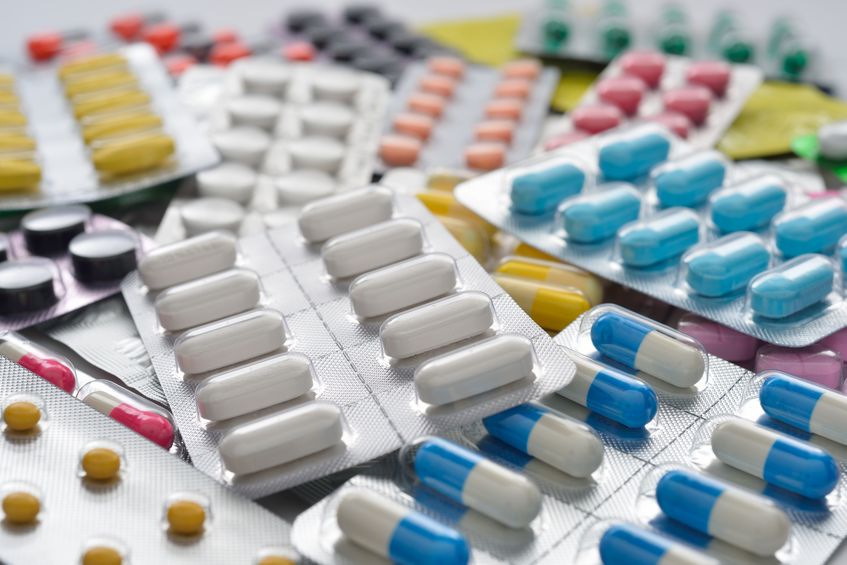Drug Recalls
Patients usually like to know what is going on with their medicines, and word of a recall often leaves patients wondering what to do. The pharmacy community is still dealing with the recall of generic valsartan initiated on July 13 which has expanded with five additional valsartan recalls. The generic valsartan recall provides an opportunity to review how patients should respond to a recall of a drug they are taking.
Valsartan is an ARB – angiotensin receptor blocker – used to treat hypertension, heart failure, or given after a heart attack to improve survival. This is a drug which patients would take every day whether they feel good or not.
Certain lots of generic valsartan were found to contain a contaminant impurity, N-nitrosodimethylamine (NDMA). In looking back, contaminated lots of valsartan were apparently distributed beginning in 2015. NDMA is a chemical that can cause cancer. It occurs naturally in certain foods (such as smoked, cured and grilled meats) and is an unintentional product in some manufacturing processes and in the chlorination of water when certain chemicals are used.
Drug recalls may be initiated by the manufacturer or by the Food and Drug Administration (FDA); the valsartan recalls have all been voluntary recalls by the generic manufacturers/distributors and appear to have started with specific lot numbers but extended to all products produced or sold by: Major Pharmaceuticals, Teva, Solco Healthcare LLC, Camber Pharmaceuticals and most recently Torrent Pharmaceuticals. In this case, some other valsartan products and the brand name drug – Diovan® valsartan – have not been recalled.

Drug Recall
What should you do when there is a recall of a drug which you are taking?
First, assess the severity of the drug recall. The FDA has three recall classifications that indicate the recall severity.
A Class I drug recall means there is a dangerous or defective product that could cause serious health problems or death. Class I recalls are rare, and if they occur you can expect to not only hear about them over every available mode of communication, but to have your pharmacist contacting you personally about the recall.
A Class II recall means that a product might cause a temporary health problem, or pose slight threat of a more serious nature. Depending on the risk, some or all patients might be asked to return and exchange their medicine with the pharmacist. Pharmacies will be willing to work with concerned patients and may contact some patients regarding the recall.
A Class III recall means a product is unlikely to cause any adverse health reaction, but that it violates FDA labeling or manufacturing laws. If bottles of nonprescription medicines had fewer tablets than the label reported, they might be subject to a recall of unsold bottles, but no effort would be made to have consumers return medicine; instead, the manufacturer might be asked to do penance by lowering the price for a period of time. A Class III recall might also be declared for a symptomatic drug that a slight but unacceptable lower quality (for example, 100mg tablets only contain 89mg of drug); in this example patients would be at very low risk of harm.
The generic valsartan impurity poses a very small risk to patients, so the valsartan recall is Class II. Some recalls are to the consumer level, which means that patients should contact their prescriber or pharmacy to arrange for another medicine before returning the unused drug to the pharmacy. At the present time, the FDA reminds patients to continue taking their current medicine until their doctor or pharmacist provides a replacement or a different treatment option. There do not appear to be any reports of adverse effects related to NDMA.
One of the worst things about drug recalls is that they cast into doubt the reliability of our medication supply. But each recall also shows that we have a monitoring system in place to make sure that patients are receiving pure and safe medications.
When you hear about a drug recall, you can always contact your pharmacist to find out if the recall extends to your medicine and to learn about what you should do. Take good care of yourself.
Resources
FDA Updates on Valsartan Recalls
https://www.fda.gov/drugs/drugsafety/ucm613916.htm
EPA Fact Sheet on NDMA











